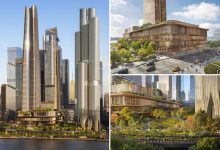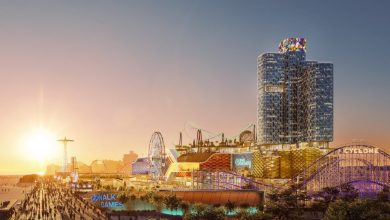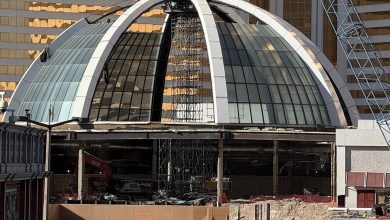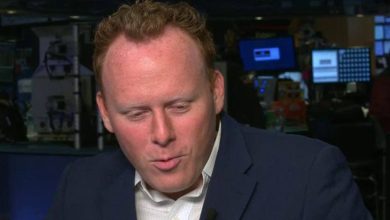Massachusetts Builders Search to Rewrite State Gaming Enable, Create New Gaming Alternative
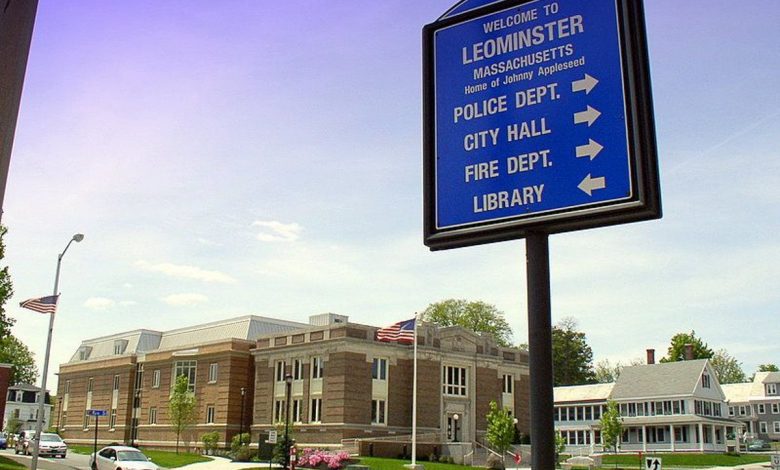
The Massachusetts Expanded Gaming Act handed in 2011 and signed into legislation by then-Governor Deval Patrick (D) licensed as many as 4 business on line casino properties. Greater than a decade later, solely three casinos have been licensed and since opened for play.
A welcome signal greets guests to Leominster, Ma. If a bunch of Massachusetts builders has their method, the city will provide a on line casino resort within the coming years. (Picture: Pinterest)
A bunch of builders calling themselves the Leominster Growth Group is in search of to achieve the privilege of constructing the state’s fourth and last business on line casino. However for his or her purpose of establishing a resort with slot machines and desk video games in Worcester County’s Leominster, state lawmakers would want to amend the 2011 Expanded Gaming Act.
The 2011 invoice permits for as much as three Class 1 resort casinos with slots and desk video games in three distinct areas. The license for Area A, which consists of Worcester, Middlesex, Norfolk, and Essex counties, is held by Wynn Resorts and its Encore Boston Harbor property. MGM Resorts’ MGM Springfield owns the Area B license allotted for the counties of Berkshire, Franklin, Hampshire, and Hampden.
The ultimate Class 1 license is earmarked for Area C, which is inclusive of the southeastern counties of Bristol, Plymouth, Barnstable, Dukes, and Nantucket. Plainridge Park is the lone Class 2 slots-only facility within the commonwealth. Just one slots parlor was licensed by the Expanded Gaming Act.
Agency Expresses Curiosity
The Massachusetts Gaming Fee (MGC) has kept away from issuing the Area C gaming concession due to potential market saturation considerations. The chances of the Mashpee Wampanoag Tribe being allowed to construct a $1 billion tribal on line casino resort in Taunton in Bristol County have lengthened enormously over the previous few years. However state gaming officers have opted to not reopen Area C bidding.
The Leominster Growth Group says the state ought to as an alternative contemplate permitting a second on line casino to be constructed within the densely populated Area A, the place the realm would be capable to assist a couple of gaming property.
The Leominster builders have partnered with former Massachusetts Senate President turned lobbyist Stan Rosenberg to attempt to woo over state lawmakers into rewriting the gaming statute. Leominster Democratic state Sen. John Cronin can be concerned.
Cronin says he’s contemplating introducing an modification to a different invoice anticipated to go throughout the 2022 legislative session. That invoice would create a Area D license in what’s presently a part of Area A.
Builders Declare No Affect on Present Casinos
Richard Dionne, an lawyer representing the Leominster Growth Group, tells Commonwealth Journal that an financial evaluation of permitting a on line casino in Worcester discovered that such a growth would have little impression on Encore Boston Harbor or MGM Springfield. Dionne says the probe reasoned {that a} Leominster on line casino would really assist maintain gaming {dollars} within the state which are in any other case flowing into Connecticut.
The city of Leominster is squarely within the center between Boston to the east and Springfield to the west.
MGM Resorts and Wynn Resorts haven’t commented publicly on the Area D effort. However the gaming energy gamers will doubtless defend their territories by lobbying state lawmakers to oppose such an enterprise.
The Expanded Gaming Act requires Class 1 recipients to pay the state a one-time $85 million licensing charge. Every Class 1 resort is moreover required to come back with a minimal funding of $500 million.
Encore Boston Harbor and MGM Springfield simply glad these circumstances. Together with their $85 million licensing charges, Wynn Resorts invested $2.6 billion to convey its built-in resort in Everett to life. MGM spent $960 million on MGM Springfield.
